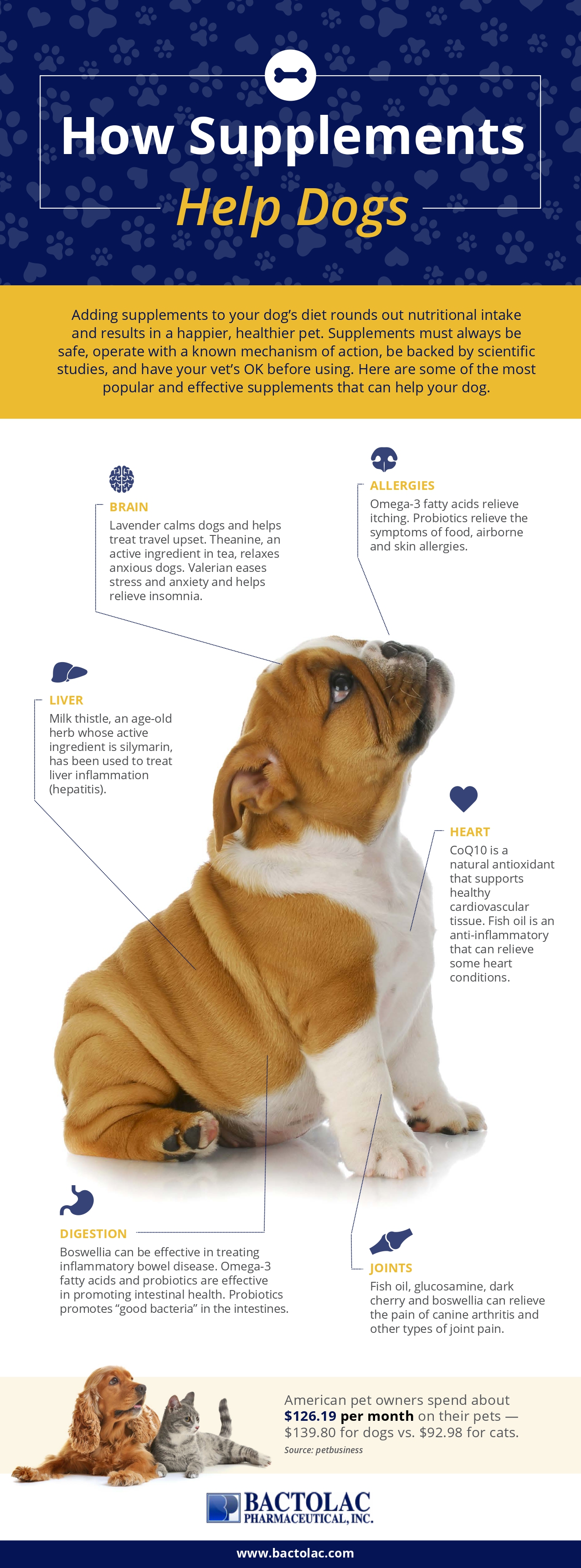You probably saw alterations in personality as well as behaviour. Perhaps it was as straightforward as sleeping more as time went on, or it could have been something more startling, like incessantly licking the floor. A once-sociable dog may have turned solitary or even unfriendly towards outsiders.
That’s because a dog’s brain ages along with its body. But, in certain dogs, the brain ages more quickly than the body, leading to a variety of symptoms we refer to as canine cognitive dysfunction (CCD) or, to put it more simply, dog dementia.
You’re looking for calming options if the medication your dog is taking at the moment isn’t reducing his symptoms. Can cbd oil for dogs india oil aid dogs with dimentia? is a question that this post will assist you with answering. Read this carefully before you buy buy cbd oil for dogs India.
There are still many unanswered questions regarding this chronic and degenerative brain disorder. What we do know is that as dogs age, their number of nerve cells decreases. Free radicals and neurotoxic deposits also play a larger role in general cognitive deterioration.
Dog dementia is more widespread than most people believe, affecting almost half of canines over the age of 11, and it sometimes remains unnoticed or untreated for years. This is due to the gradual onset and lack of a clear cut boundary. Even though it’s not necessary, many people just assume that as dogs mature, they’ll “start acting a little funny.” Nevertheless, dementia can be treated more successfully if caught early on.
How can you determine whether your dog is showing signs of illness?
Quickly Get Disoriented
Is your dog starting to get disoriented in its own house? Imagine how it must feel to be disoriented, which is frequently the first indicator of deterioration and can lead to additional behaviours owing to the fear that develops. She might start barking at nothing, bump against things, or become lost on a once-repeated walk back to the house.
Create Obsessive Behavior
Nervous ticks have been reported to appear in dogs with dementia. They might start excessively grooming or even licking the ground. They might also pace back and forth.
Differentiate Your Reactions to Others
Your dog’s behaviour towards you, your family, or other canines may have changed. Some may grow reliant on someone who acts as a compass for them, while some may demonstrate a decline in trust or affection. Some start to sulk and act cranky. A dog who was once outgoing may turn antisocial or even aggressive against other canines.
Having Issues Sleeping
A dog with dementia will frequently experience disruptions to its typical sleep cycle in addition to being disoriented by its surroundings. Your dog may have difficulties sleeping and even bark in the middle of the night, a condition known as “sundowner syndrome.” Sometimes they’ll sleep all day and turn nocturnal, preventing you from getting any sleep.
Their Training is Lost
Despite years without a mishap, has your dog started to lose its training? They might start making a mess in the house, as you can see. Or maybe they stop responding to once-familiar demands for stunts, games, or obedience. Even their wonderful post-trick snack, like freeze-dried chicken dog treats, might not be appealing to them.
Has a sluggish or restless feeling
Has your dog started to lose interest? He no longer gets out of bed excited, as he once did. Some dogs, who were once driven by food, start to lose interest in their dog food. Other dogs start to become restless, but they start acting anxious rather than excited.
Remember that these behavioural changes may be caused by other medical issues; they are not necessarily indicators of dementia. Nonetheless, if you have any reservations, it’s time to discuss them with your veterinarian.
How Can I Treat Dementia in My Dog?
Regrettably, dementia cannot be cured in people or canines. But there is still hope. Typically, a dog’s food, routine, and cognitive stimulation are areas for improvement according to veterinarians. To stop, delay, and treat the beginnings of canine cognitive impairment, they may also prescribe specific drugs.
There are some medications that have been proven to be helpful, but research is currently catching up to this complex condition. L-deprenyl is the only medication FDA-approved thus far; it works by raising dopamine levels in a dog’s brain to enhance memory and overall cognitive function.
People have traditionally looked to dog vitamins and natural cures as alternatives to medications.
Omega 3 fatty acids are among the supplements for canine and human cognitive function that have received the most research. That is because they are crucial for maintaining brain health.
Another obvious contender is antioxidants, which fight off free radicals, an undesirable but natural byproduct of ageing. Some berries, boiled root vegetables, and greens are good sources of antioxidants that are safe for dogs.
Several people use melatonin, which has been found to be safe for dogs in the correct doses, to treat sleeping issues, which are frequent with canine dementia.
Lastly, a novel hemp ingredient that is quickly gaining popularity is being used by many pet owners and veterinarians: cbd oil for dogs india. The primary active component of the hemp plant, cannabidiol, is psychotropic.
Infographic Created by Bactolac Pharmaceutical, Cutting Edge Dietary Supplement Manufacturer
